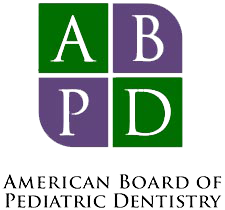Gastroesophageal Reflux Disease
In patients with mild and/or intermittent GERD, lifestyle changes may be all that is needed to reduce symptoms. In more severe and/or chronic cases, management with medications may be necessary.
LIFESTYLE CHANGES
Elevate the head of your bed. Use bed risers of 3-8 inches under the feet of the bed frame to lift the head of the bed. Do not use extra pillows to mimic this elevation, as this can worsen symptoms.
Finish all meals and snacks at least 2 hours before bedtime. Lying down with a full stomach can induce reflux.
Avoid acidic foods, especially carbonated sodas and fruit juices.
Other foods including chocolate, caffeine, onions, garlic, tomatoes, citrus, deep-fried foods, high-fat dairy, spicy foods, alcohol and peppermint may exacerbate the symptoms.
Chewing sugar-free gum after meals can promote saliva flow which neutralizes acid. However, chewing vigorously and swallowing lots of air can make more belching and make symptoms worse, so chew gently.
Note that some medications may make symptoms worse, including non-steroidal anti-inflammatory drugs, high blood pressure medications, albuterol (beta agonists), theophylline, seasonal allergy medications (anticholinergics), bisphosphonates, antibiotics, potassium, aspirin, and iron.
Visit Us
Address: 70 Peachtree Rd, Suite 130, Asheville, NC 28803
Phone: (828) 277-6788
Fax: (828) 277-6798
NEW PATIENTS
We care for your child as if they were our own. We know that as parents, you appreciate being informed before arriving at the dentist.
TIPS & GUIDES
We've created and collected several printable sheets that you're able to refer to while caring for your child at home. We're always adding more!
OUR TEAM
Our stellar team cares for your child as if they were their own. From greeting to treatment, we've got only the best for you and your child.
Our schedule may be delayed in order to accommodate an injured child.
Please accept our apologies in advance should this occur during your appointment. We would do the same if your child were in need of
emergency treatment.




